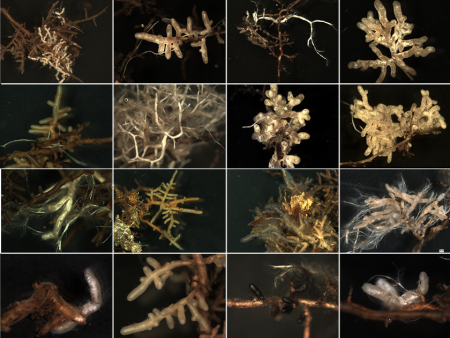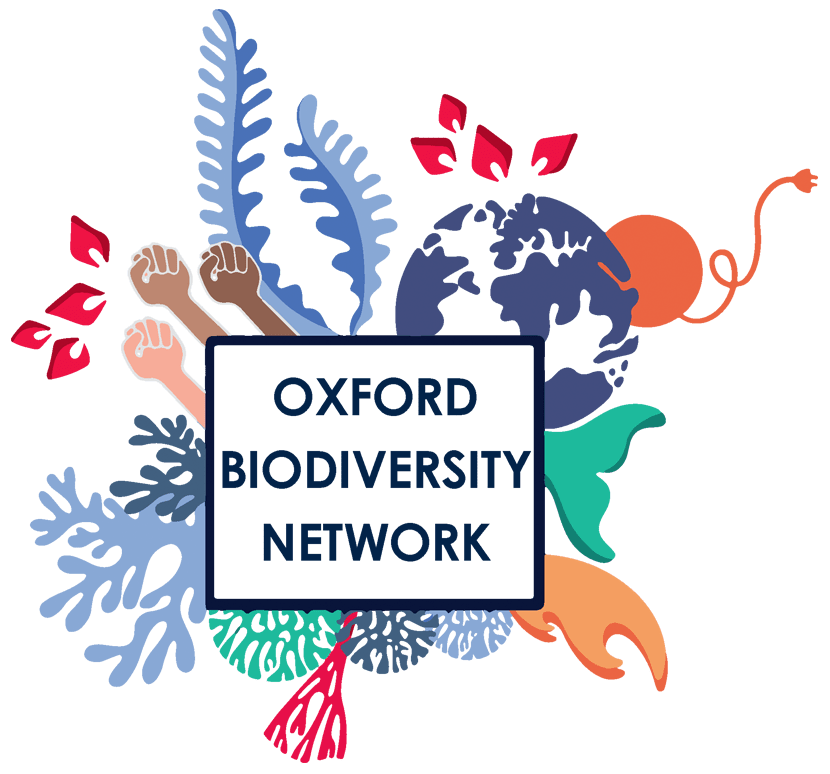Mycorrhizas and ecosystem functioning. Dr Laura Martinez-Suz, Royal Botanic Gardens, Kew
Dr Laura Martinez-Suz, Royal Botanic Gardens, Kew
- Start Friday 01 Dec 2023 4:15pm
- Finish Friday 01 Dec 2023 5:15pm
- Watch seminar recording (external site)

The impact of plants on ecosystem functioning is mediated by mycorrhizas, intimate plant-fungal associations formed by most plants and a diverse subset of soil fungi. Mycorrhizal fungi play a key role in terrestrial ecosystems by enhancing plant access to soil nutrients and water but also as regulators of the carbon cycle. However, these belowground fungi are affected by environmental and anthropogenic changes, with potential consequences on the roles they develop in our ecosystems. In this seminar, I will talk about the main drivers and threats of ectomycorrhizal fungal communities in forests, the impact of changes in these communities in forest functioning and the research we are doing to measure, understand and predict the contribution of different mycorrhizal fungi to carbon sequestration in soils for habitat ecosystem assessment.
A short biography
I am a Senior Research Leader in Mycology at Royal Botanic Gardens, Kew. I have a strong interest in fungal ecology, particularly in the mycorrhizal symbiosis with a focus on ectomycorrhizal fungi in forests. I am interested in 1) the drivers of change of ectomycorrhizal fungi in forests and the consequences of changes in these fungi for forest functioning and resilience, 2) the role of mycorrhizal fungi in soil carbon sequestration and, 3) mycorrhizal fungi as indicators of soil health for ecosystem assessment. The cryptic, below-ground growth of these fungi has been an obstacle to our understanding of them despite their pivotal role in terrestrial ecosystems. In general, my research involves the application of molecular methods, which largely overcomes this obstacle, to address fundamental biological and ecological questions.
The Leverhulme Centre for Nature Recovery and Biodiversity Network are interested in promoting a wide variety of views and opinions on nature recovery from researchers and practitioners.
The views, opinions and positions expressed within this lecture are those of the author alone, they do not purport to reflect the opinions or views of the Leverhulme Centre for Nature Recovery/Biodiversity Network, or its researchers.
